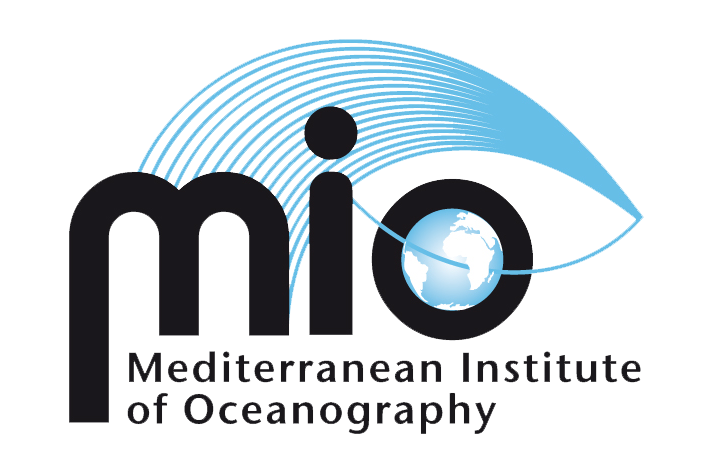BIOCONTAM Summer School
BIOCONTAM " Réseaux trophiques marins et mécanismes BIOlogiques de transfert des CONTAMinants " is organizing a Summer School from June 5 to 9, 2023 in Marseille (Station Marine d'Endoume & Océanomed Luminy).
The study of marine food webs and biological mechanisms of contaminant transfer represents a major management challenge at the international level for the MSFD. These studies are the subject of research projects at MIO, including the ANR CONTAMPUMP project who proposes in June 2023 a test phase of the BIOCONTAM project.
To better understand the integration of contaminants in marine systems, it is essential to consider the first food web levels and the biological mechanisms of assimilation and trophic transfer related to the food web functioning by multidisciplinary approaches.
Currently there are no courses dedicated to this theme in OSU Pytheas/AMU training courses and this international summer school offers new educational contents to promote the attractiveness of training through hybridization.
The objective of BIOCONTAM international summer school is to develop new trans- and multidisciplinary training approaches to environmental challenges and anthropogenic impacts of interest for developing new knowledge, tools and skills for students and young researchers:
- Complete their training with more specific notions of taxonomy of some plankton and benthos groups (complementary to general knowledge of systematics they may have acquired in marine licence and Marine Sciences masters);
- Acquire tools and skills that link specific and functional diversity through the study of food webs;
- Develop new multidisciplinary approach between biology, trophic ecology and contaminant chemistry, allowing to better understand the biological mechanisms of contaminant transfer in the marine environment.
- Discover new research issued methodology related to innovant sampling/analyses developed in current and recent projects (MERITE-HIPPOCAMPE, ANR CONTAPUMP, ZOO-INDEX, RAP-MED, etc.).
A five-day program of practical work and theoretical courses is proposed as free participation for 20 french students. This program includes taxonomy on some selected pelagic and benthic groups, food webs tools and indicators and contaminants transfer processes from primary producers to predators, as well and examples of results from research programs in Mediterranean and Black Seas with management applications.
Schedule and content
- 1st day - Introduction - Presentation of taxonomic groups of phytoplankton, and zooplankton and methods of analysis flow cytometry on SLAMM plateform, planktoscope, zooscan. Practical work (SME) (in french)
- 2nd day - Presentation of taxonomic groups of benthos organisms (focus on sponges) and fishes (teleosts) and methods of analysis of stomach contents. Practical work (SME) (in french)
- 3rd day - Visit to the fish market at the Vieux-Port. Movie projection in the evening and tasting seafood around a sustainable marine cuisine presentation (SME) (in french)
- 4th day -Course on the compartments of food webs (phytoplankton, zooplankton, invertebrates, fish) and more generally on the study of food webs with different approaches (taxonomy, stomach contents, stable isotopes, lipid markers, trophic modelling). (Oceanomed, hybrid, angl.)
- 5th day - Course on the biological mechanisms of transfer of metallic and organic contaminants between seawater and marine organisms. Knowledge transfer on some results and methods of the Merite-Hippocampe and ANR Contampump projects. (Oceanomed, hybrid, angl.)
Visit of the MIO laboratories and SAM, PRECYM, MIM, PACEM, MACROPHYTES platforms (Oceanomed).
Hybrid courses: face-to-face for french students and participants in Marseille (MIO, Océanomed) and in visioconference for students from Ovidius University in Constanta Romania (in English).
To register you can send your CV and a letter of motivation to Daniela Banaru.
We will select 20 of the most motivated students who will have sent their application before May 15, 2023 at 8.00 p.m.


